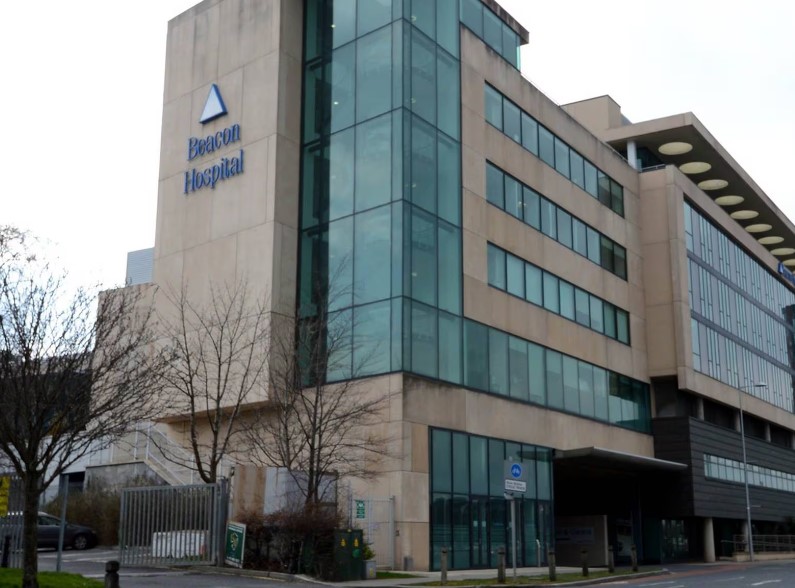10
Mar 2024
Macquarie Asset Management is set to acquire Beacon Hospital.
Published in News on March 10, 2024

Macquarie Asset Management, through Macquarie European Infrastructure Fund 7, is poised to acquire Beacon Hospital following the acceptance of its proposal by the existing consortium of shareholders.
Situated in Dublin, Beacon Hospital is a private healthcare facility offering a comprehensive range of acute care and specialized diagnostic services, catering to over 200,000 patients annually. With 251 beds, 8 operating theaters, 3 catheterization laboratories, and 4 endoscopy suites, the technologically advanced hospital has undergone substantial growth and enhancement under the leadership of current shareholders, led by Denis O’Brien, over the past decade.
Denis O’Brien, along with the current shareholder group, has significantly invested in the hospital, leading to remarkable growth. Since April 2014, Beacon Hospital has tripled its patient capacity, doubled its staff count, and made substantial investments in its infrastructure.
Michael Cullen, CEO of Beacon Hospital, expressed gratitude for the support and leadership of Denis O’Brien, Chair Colm Doherty, and the entire Board. Looking ahead, Cullen emphasized the importance of Macquarie Asset Management's long-term partnership, with its global expertise in healthcare and social infrastructure, as Beacon Hospital embarks on the next phase of growth plans, aiming to become the largest private healthcare campus in Ireland.
Hani Zogheib, Senior Managing Director at Macquarie Asset Management, acknowledged Beacon Hospital's role as a crucial element of the Irish healthcare system. Macquarie looks forward to collaborating closely with the hospital's team to continue building on its legacy of clinical excellence and patient care, supporting Beacon Hospital's vision for advanced facilities and medical expertise, ensuring its continued prominence in Ireland's healthcare infrastructure.
Macquarie Asset Management, the world's largest infrastructure manager, has a history of long-term investments in social and healthcare sectors globally. The acquisition is expected to close by the end of the first half of 2024, subject to customary closing conditions, with Michael Cullen remaining as CEO and shareholder after the transaction's completion.









